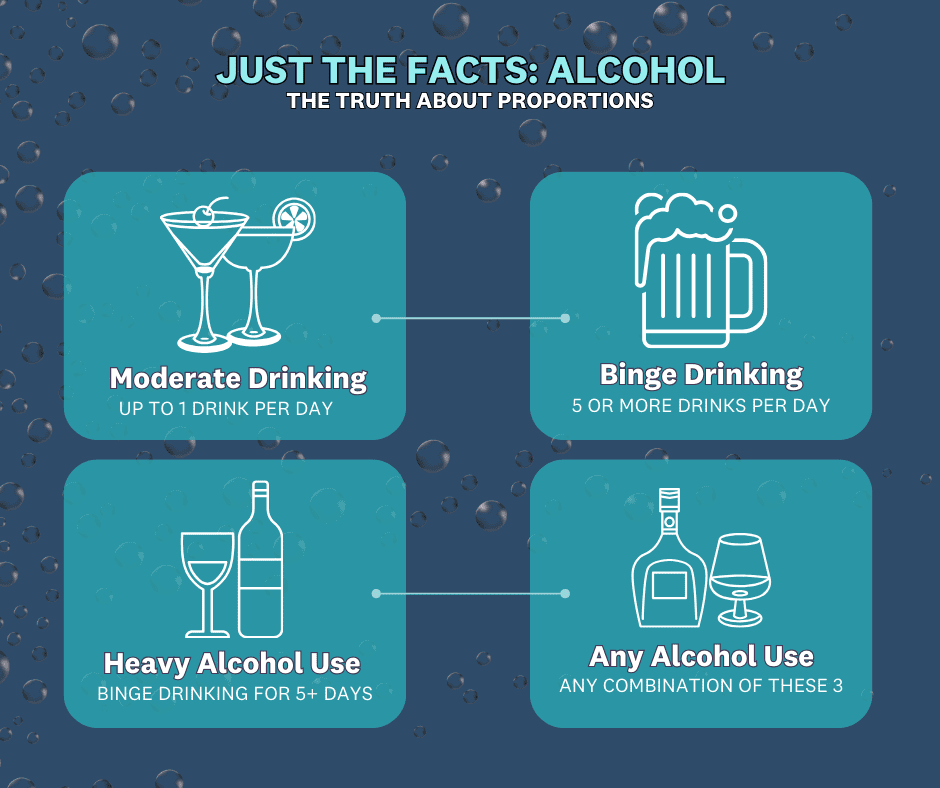Discover the ultimate answer to the age-old question: Just how many beers does it take to reach intoxication? Find out now!

Image courtesy of Engin Akyurt via Pexels
Table of Contents
Alcohol consumption is a common pastime for many people, but one question that often arises is: how many beers does it take to get drunk? The answer to this question is not as straightforward as one might think. Various factors come into play to determine how alcohol affects individuals differently. In this blog post, we will delve into the science behind alcohol metabolism, individual tolerance levels, and the factors that influence intoxication.
Alcohol Metabolism
When alcohol is consumed, it is metabolized in the body through a process that involves the liver. The liver breaks down alcohol into acetaldehyde, which is then further metabolized into acetate and eventually eliminated from the body. The rate at which this process occurs can vary from person to person.
Factors such as weight, gender, and liver health can impact how quickly a person becomes intoxicated. Generally, a larger person will be able to consume more alcohol before feeling drunk compared to someone who weighs less. Additionally, women tend to metabolize alcohol at a slower rate than men due to differences in body composition and enzyme levels. Individuals with liver damage or compromised liver function may also experience slower alcohol metabolism.
Individual Tolerance Levels
How many beers it takes to get drunk can also depend on an individual’s tolerance level. Tolerance refers to the body’s ability to handle alcohol and its effects over time. Some people may need to consume more alcohol to feel the same effects as someone with lower tolerance.
Factors such as genetics, drinking habits, and overall health can all play a role in determining a person’s tolerance levels. Genetics can influence how efficiently the body metabolizes alcohol, while frequent drinkers may develop a higher tolerance over time. Additionally, individuals with underlying health conditions may be more sensitive to alcohol and feel its effects more quickly.
Factors Influencing Intoxication
Aside from alcohol metabolism and tolerance levels, there are other factors that can influence how many beers it takes to get drunk. One important factor to consider is food intake. Consuming alcohol on an empty stomach can lead to quicker intoxication, as the alcohol is absorbed into the bloodstream more rapidly. Eating a meal before drinking can help slow down the absorption of alcohol and lessen its effects.

Image courtesy of via Google Images
Hydration is another important factor to consider when drinking alcohol. Dehydration can exacerbate the effects of alcohol and lead to quicker intoxication. Staying hydrated by drinking water in between alcoholic beverages can help mitigate the effects of alcohol and prevent dehydration.
Additionally, the alcohol content of the beverages consumed can impact how quickly a person becomes drunk. Beers with higher alcohol percentages will lead to quicker intoxication compared to lower-alcohol beverages. It is essential to be mindful of the alcohol content of the drinks being consumed and pace oneself accordingly.
Conclusion
In conclusion, the question of how many beers it takes to get drunk is not a one-size-fits-all answer. The amount of alcohol needed to feel intoxicated can vary depending on individual factors such as metabolism, tolerance, and overall health. It is crucial to drink responsibly and know one’s limits when consuming alcohol.
By understanding the science behind alcohol metabolism, individual tolerance levels, and the factors that influence intoxication, individuals can make informed decisions about their alcohol consumption. Remember to prioritize health and safety when drinking and always consume alcohol in moderation.
FAQ
How many beers does it take to get drunk?
Answer 1: The number of beers needed to reach intoxication varies based on factors like weight, tolerance, and alcohol content. Generally, it can take anywhere from 3 to 5 beers for most people.
Does body weight affect how many beers it takes to get drunk?
Answer 2: Yes, body weight can impact alcohol metabolism. A larger person may require more beers to feel drunk compared to a smaller individual due to differences in body composition and metabolism.
Can drinking on an empty stomach make you get drunk faster?
Answer 3: Yes, consuming alcohol on an empty stomach can lead to quicker intoxication as alcohol is absorbed more rapidly. Eating a meal before drinking can help slow down the absorption of alcohol and lessen its effects.
How does hydration affect intoxication?
Answer 4: Staying hydrated by drinking water in between alcoholic beverages can help mitigate the effects of alcohol and prevent dehydration. Dehydration can exacerbate the effects of alcohol and lead to quicker intoxication, so it’s important to drink water while consuming alcohol.
Generated by Texta.ai Blog Automation
Leave a Reply